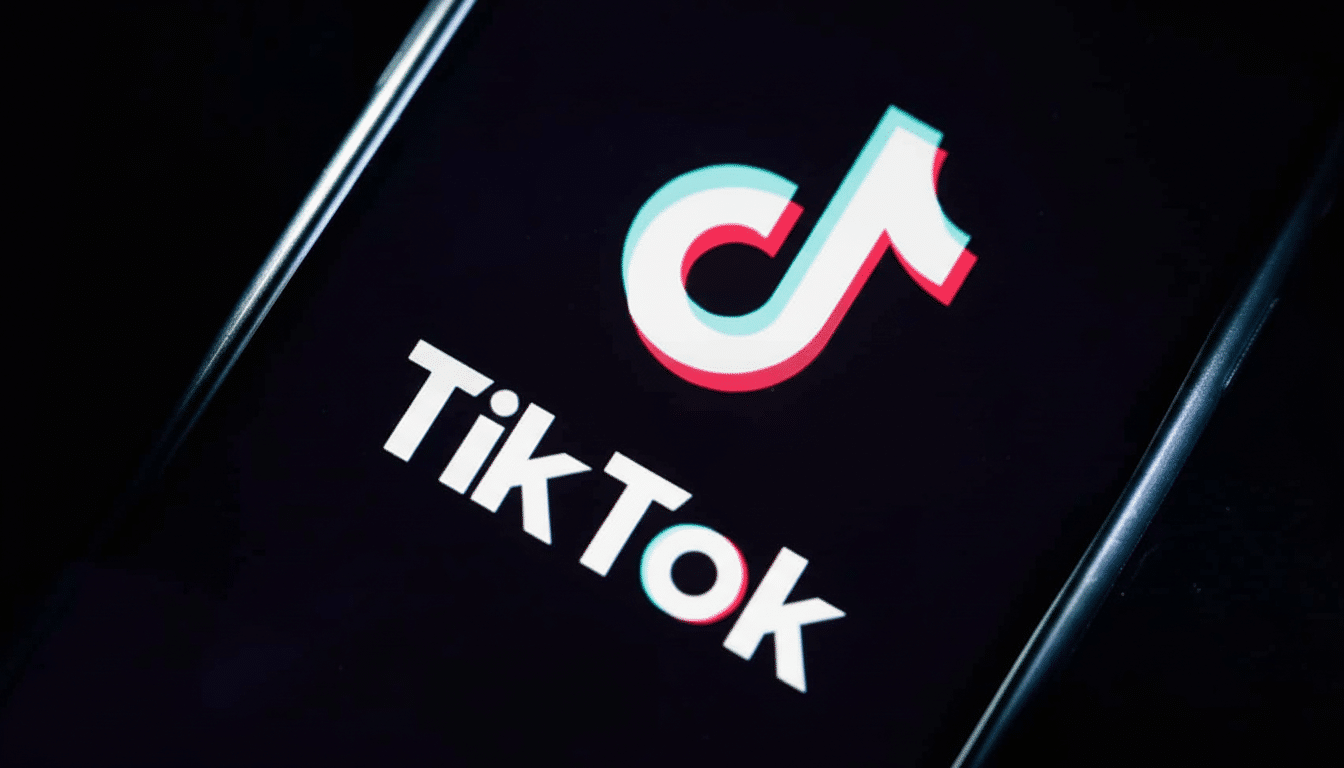The White House has pushed the details of a potential deal to extract TikTok’s U.S. operations out from under its Chinese owner, ByteDance, closer to an agreement that could include an American tech company.
Press Secretary Karoline Leavitt said a deal has been made but not yet signed, and that Americans would sit on six of seven board seats for the restructured company, with TikTok’s algorithm U.S.-controlled. Her comments, which she made on Fox News and were reflected in Bloomberg reporting, indicate that finalization is imminent pending signatures.
- What’s in the proposed structure for TikTok’s U.S. spinout
- Why it matters to Washington and Beijing
- How it’s different from the near-deal in 2020
- Regulatory path ahead and the remaining hurdles to clear
- What It Means for Users, Creators and Advertisers
- What to watch next as the deal moves toward approval

What’s in the proposed structure for TikTok’s U.S. spinout
New U.S. investors would include Oracle, Andreessen Horowitz and Silver Lake, according to a senior administration official speaking to Bloomberg. Oracle would take over security and safety, duties it has fulfilled through the company’s data‑localization project widely known as Project Texas. For its part, ByteDance would have a stake of less than 20 percent in the new entity, quelling critics who were worried about foreign ownership.
Two factors stand out: governance and algorithm control. A six‑of‑seven American board majority would place U.S. directors in the strategic driver’s seat when it comes to corporate policy. And putting the recommendation engine under U.S. control — potentially through licensing, code escrow and on‑shore model management, among other steps — addresses the national security fears that have revolved around how data powers the algorithm and who can access or influence it.
Why it matters to Washington and Beijing
U.S. government officials have argued for years that TikTok’s data flows and source code scrutiny pose national security risks, a claim that TikTok has disputed. If the final deal does enshrine U.S. control of the algorithm, domestic data hosting, custom oversight and a clear operational rift with ByteDance, it would be the furthest reach yet in an effort to rein in those risks without an outright ban.
China’s head of state also approved the deal framework, Bloomberg noted. That signal is important: China’s export‑control system can limit the transfer of recommendation algorithms, and any divestiture that involves code rights would typically need Beijing’s approval.
How it’s different from the near-deal in 2020
An earlier effort imagined Oracle and Walmart taking stakes, with TikTok still having pieces of its core technology tabbed for transfer. That proposal fizzled in part because it never fully answered who would control the algorithm and whether ByteDance would still have de facto power. This version seems to go even further: a super‑majority U.S. board, less than 20% stake for ByteDance itself and explicit U.S. control over the recommendation system. Put more succinctly, the levers that count — board votes, code stewardship, and security operations — move onshore.

Oracle’s security role is also more defined at this point. A public face apart from cloud hosting, the company would be the named steward for data protection and safety operations, offering a trust model that permits third‑party audits and U.S. government interface as long as commercial operations continue to work.
Regulatory path ahead and the remaining hurdles to clear
The deal is expected to be moved into the hands of the Committee on Foreign Investment in the United States (CFIUS), which has been leading a national security review of TikTok. The White House has offered a reprieve for compliance deadlines set under a federal law that would require the sale or even eliminate access to the app if its ownership issues are not resolved. A signed agreement would clear the way for formal CFIUS clearance and court scrutiny thereafter, if any.
First Amendment questions will linger. Though the strategy it outlines revolves around ownership and security rather than content, past efforts to curb access to social sites have prompted constitutional challenges. And a federal judge’s ruling to block a statewide TikTok ban was in part an illustration of how speech and preemption considerations can muddle broad prohibitions — one reason that a narrowly drawn divestiture proposal might be more defensible.
What It Means for Users, Creators and Advertisers
About 170 million people in the United States use TikTok, the company says, and about a third of American adults use it, at least according to Pew Research Center data, with heavy adoption by those age 18 to 29. Pew also reports a larger share of Americans, including increasing numbers of younger Americans, say they regularly get news on the platform, raising stakes around whatever shift occurs in recommendation dynamics.
And for creators and brands, continuity is the headline risk. A well-defined governance model, algorithm stewardship on American turf and a proven enterprise security operator in Oracle should mitigate at least some of the disruption in the near term. Ad buyers will look for promises on data portability, measurement integrations and content moderation standards. Insider Intelligence and other market researchers have forecast robust growth in TikTok’s U.S. ad business; the cleaner ownership structure could better protect those budgets.
What to watch next as the deal moves toward approval
Among the major emblems would be inked signatures on the deal framework, a CFIUS review and public disclosure of governance and audit terms, as well as any formal statement from the companies involved — Oracle, ByteDance and the incoming investor group. The bottom line is whether the final documents give U.S. hands meaningful, verifiable control of data and of the algorithm, while preserving an untampered product experience. If so, this might just be the template Washington follows for other foreign‑owned apps that do raise these types of concerns.

